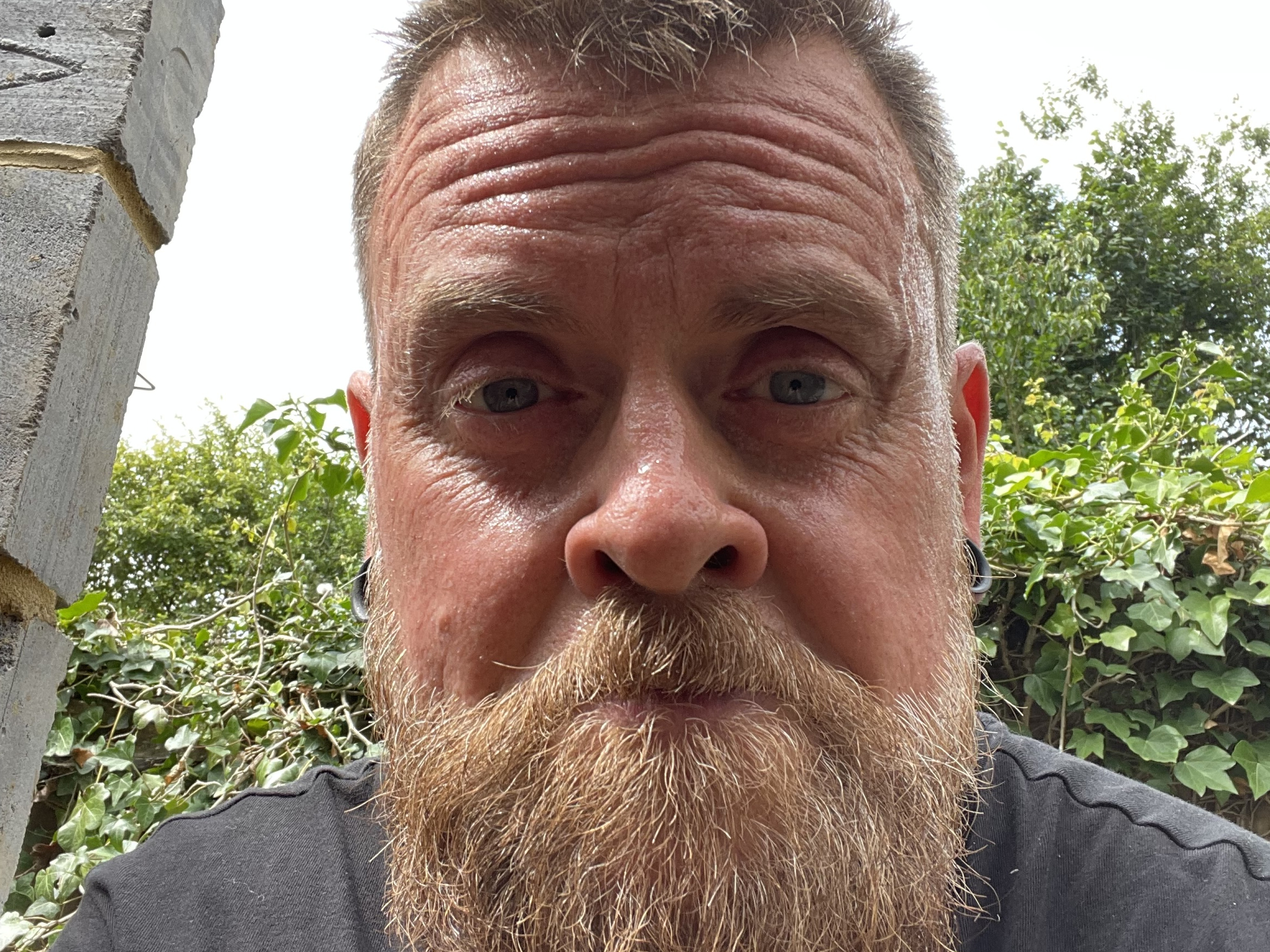
'My kidney donor saved my life'
A dad of five says he feels 20 years younger following a life-saving kidney transplant.
Steven Eames, 48, needed dialysis three times a week because his kidneys had deteriorated so much, and were working at just six per cent of the normal function.
But following the surgery at Guys Hospital in London, his life has been transformed and his donated kidney is working well.
Steven, who lives in Woodnesborough, near Sandwich and runs a building firm, is sharing his story to mark Organ Donation Week this week.
He said: “I don’t know much about my donor, other than it was a woman from in her 40s who took her own life.
“It was devastating that those were the circumstances needed to keep me going, and I would love to contact the family to say thank you very much.
“I like to think I take her with me now, because I have her kidney, so she is with me whatever I do.
“Families like hers are saving people’s lives at such a difficult time for them and there are a lot of emotions at once when you get the news there is an organ available.
“It is a huge thing and for me it has been transformational. It is absolutely fantastic, and I feel like it’s taken 20 years off me – I now feel younger than my son.
“My friends wouldn’t think twice about donating their organs now because they have seen the impact it has had on me and I couldn’t be more grateful to my donor and her family.”
Steven was initially diagnosed with kidney disease 16 years ago, and his health declined over the years until he was so ill he needed dialysis to artificially clean his blood as his kidneys were no longer able to do it effectively.
To begin with, he had treatment at home overnight, via a system that used the lining of his abdomen to filter the blood. But there were complications and he switched to hospital-based dialysis, spending hours attached to a machine at the Kent and Canterbury Hospital three times a week.
The only cure was a transplant and initially Steven’s partner and his dad both volunteered to be a living donor. Tests revealed his dad was not suitable, but his partner was a match – but Steven decided against going ahead with it.
He said: “I had a lot of time to think during the dialysis and I realised I didn’t want to take her kidney.
“What if something happened to one of the kids and they needed it? At the time we didn’t know if my disease was genetic or not, but I knew I didn’t want to risk it.
“It was the right decision but it did mean I was then left waiting for the call that a suitable kidney was available.”
By this point, his kidney function was declining rapidly, but he refused to give up hope.
He said: “I was able to do less and less, and it was affecting my mental health too.
“But I tried to keep busy; when I was having dialysis I saw a lot of people give up and I didn’t want to do that.
“I stopped going out and I lost all my drive to do anything, and by the time I had the transplant I was just surviving, rather than living.”
Transplant teams called Steven in September last year after a kidney became available and he made the journey to Guys Hospital in London, but was soon told it was not suitable after all.
He said: “It was heart-breaking. I thought I was on my way out.
“But you do need to have the best kidney you can to stand a chance of it working, and this one wasn’t right for me.”
Finally, in March, surgeons again called Steven to the hospital and this time, after a barrage of tests, the surgery was able to go ahead.
He said: “Everything aligned and so I could have the transplant.
“It was a bit up and down to begin with as it didn’t work properly for the first eight days, but the team was confident and on the ninth they could see it was cleaning my blood.
“Now I have that kidney it’s like I’m in my early 20s. It’s such a relief; my energy levels are better and I feel fantastic.
“I didn’t think it would make this much difference but it did and I feel so lucky.
“My kidney function was down to six per cent and now it is in the 60s.
“I had never even thought about organ donation before I was ill but now I want to tell everyone about it so they can talk to their families and other people’s lives can be saved.
“It has been a long road but I am so relieved and thankful that I was able to have this transplant and my donor’s family allowed her organs to help save people like me.”
For more information on organ donation, or to register your decision to be an organ donor, visit https://www.organdonation.nhs.uk/